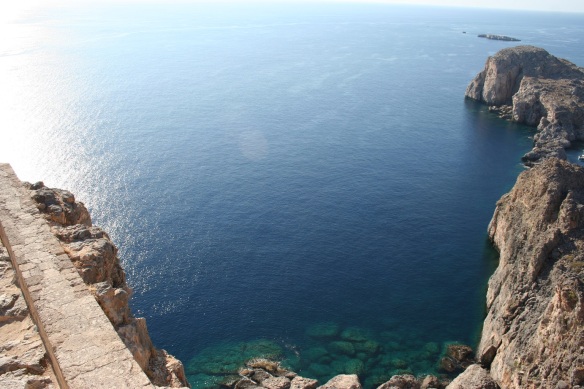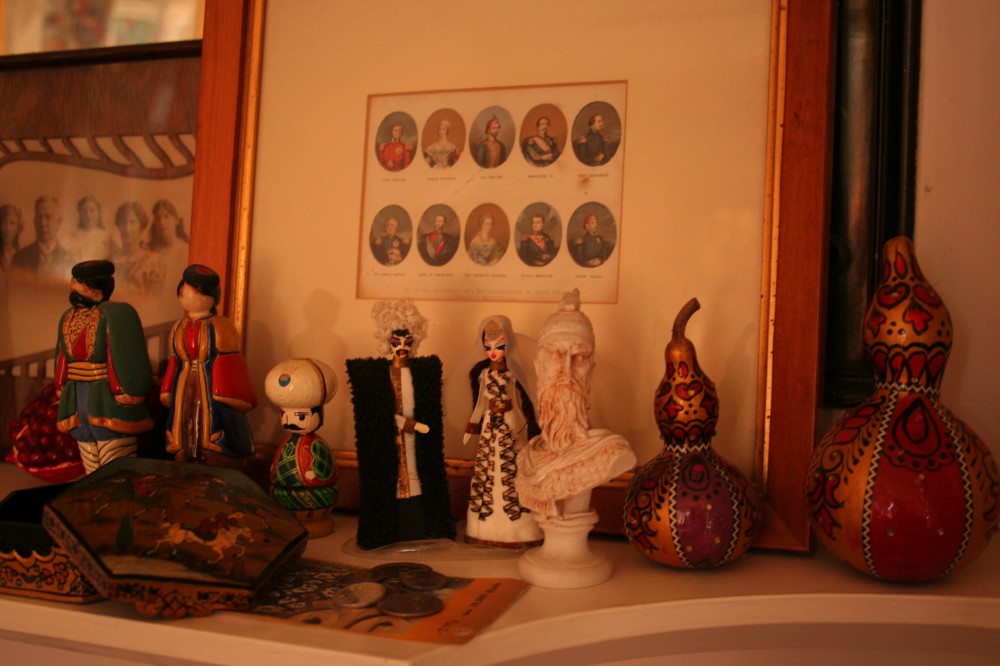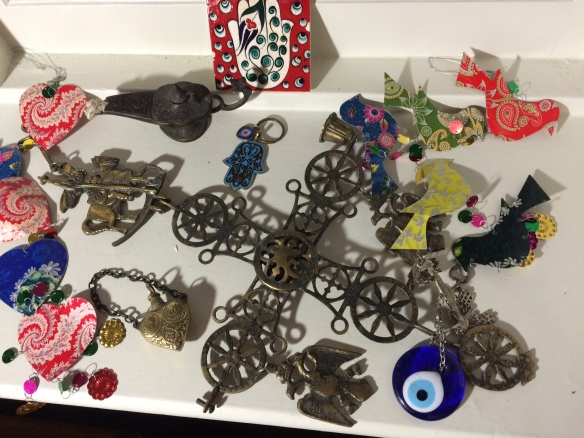 The proverb tells us to beware of Greeks bearing gifts. This dates back to the legend of the Trojan horse, when something that was apparently benign, perhaps miraculous, and surely harmless, turned out to contain all manner of nasties. The gullible Trojans willingly pulled the horse into their city, only to be overrun by the Greek forces hidden within.
The proverb tells us to beware of Greeks bearing gifts. This dates back to the legend of the Trojan horse, when something that was apparently benign, perhaps miraculous, and surely harmless, turned out to contain all manner of nasties. The gullible Trojans willingly pulled the horse into their city, only to be overrun by the Greek forces hidden within.
Appropriately enough all of this took place on the Aegean shore, where today refugees arrive in large numbers, assembling in the Turkish city of İzmir, not far from the ruins of Troy, to attempt the sea crossing to the Greek islands, toeholds in the EU. The refugees, many of whom hail from Syria, are sometimes portrayed as a modern-day Trojan horse – feigning refugee impoverishment but really the vanguard of an Islamic cultural inundation that threatens European identity.
Such a characterisation is utter tosh, of course, and to further turn the Trojan horse on its head this time it is the Greeks who are doing the welcoming.
In fact, the stories of generosity and compassion coming from Lesbos, among other islands and other locations on the Greek mainland, are legion. As reported in The Conversation, one fisherman from Lesbos explained, “There is not much choice when you find a boat full of scared people in the night.” Caught up in the immediacy and the drama, Greeks have responded with a largeness of spirit that The Conversation says has become contagious amongst Greek communities – but that appears to be in short supply elsewhere at present.
In Lesbos, islanders’ welcoming of refugee communities is said to be having a detrimental effect on the forthcoming season’s tourist bookings in Lesbos, but that doesn’t appear to deter the locals from their good deeds. This speaks volumes of the humanity of the residents of Lesbos. A recent article in The New York Times urges travellers not to turn their backs on the long-suffering Greeks.
It’s not as if Greece doesn’t have enough troubles of its own at the moment. For years it has been wracked by financial turmoil, but neither does this deter Greeks at large from extending a supporting hand to refugee arrivals. In fact, as the government is stretched it appears that individual volunteers and private donations are filling the breach.
Some of this generosity stems from the personal histories of many Greek families. For many Greeks the refugee experience is not that far removed – in the early decades of the 20th centuries significant numbers of Greek families were uprooted from Anatolia, where they had lived for centuries, and made their own passage across the Aegean as refugees to forge a new life in cities such as Thessaloniki and on islands such as Lesbos. The memory is fresh and their empathy (which comes from the Greek ἐμπάθεια, meaning “physical affection”) is strong. In fact, one Greek woman in the mainland town of Idomeni remarked that lending a hand to refugees is a “moral obligation”.
This all stands in marked contrast to the reactions of countries like Macedonia, Hungary and Slovakia, which have thrown up razor wire fences to prevent refugees moving northward into Europe. It was these very countries that not so long ago languished on the wrong side of the Iron Curtain, and who hankered for the freedom that the West offered. That they offer no passage to refugees now is nothing short of mean spirited. They appear to have forgotten that geopolitical fate operates without mercy and sometimes leaves the deserving on the wrong side of artificial boundaries.
But the Greeks at the rocky fringes of Europe are fully aware of the power – and necessity – of the humanist gesture and they seek no recourse in cheap retellings of Trojan Horse allegories. And as this video demonstrates, the refugees arriving are not warriors with evil intent hidden within any metaphorical horse, but people who are filled with hope and gratitude for the hospitality and benevolence that the Greeks are bestowing upon them.

